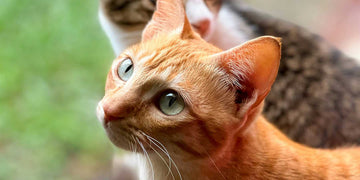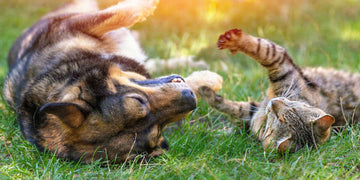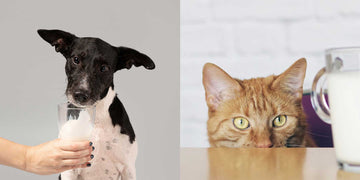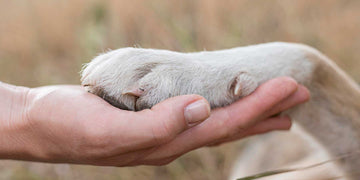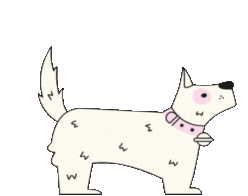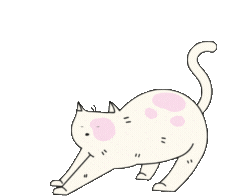For decades, the idea of feeding cats a vegan diet was considered controversial. After all, cats are known as obligate carnivores. However, recent research, coupled with significant advancements in specially formulated vegan cat food, is challenging this long-held belief and opening the door to a new era of ethical, health-conscious pet care.
Understanding Obligate Carnivores: It's About Nutrients, Not Just Meat
The term "obligate carnivore" refers to a cat's nutrient requirements, not a mandatory inclusion of meat in their diet. Cats require specific nutrients such as taurine, vitamin A, arachidonic acid, and vitamin B12. Traditionally, these are found in animal tissue. The good news? Today, these essential nutrients can be reliably synthesized and added to food without using any animal ingredients. Scientific consensus now recognizes that nutritional adequacy is the key. As long as a food provides complete nutrition in the required bioavailable form, it can support feline health, whether derived from plants or animals. Historically, the concern was the perceived difficulty of meeting these unique needs with a purely plant-based diet.
The Evolution of Vegan Cat Food: Science-Backed Solutions
Pet nutrition has advanced significantly. Modern vegan cat food formulations are meticulously designed to meet every one of a cat's nutritional requirements. Leading brands utilize:
- Synthetic Taurine: This crucial amino acid, identical to that found in meat, is produced synthetically and added to all complete vegan cat foods. Many conventional meat-based cat foods also add synthetic taurine because natural taurine can be destroyed during processing.
- Plant, Mineral, and Synthetic Sources: Essential fatty acids, vitamins, and minerals are carefully sourced from plant-based ingredients or supplemented synthetically to ensure a complete and balanced nutritional profile.
- High-Quality Plant Proteins: Ingredients like soy, wheat gluten, and pea protein are used to provide the necessary protein content and amino acid profiles, ensuring your cat gets all the building blocks they need.
Emerging Research: Health Outcomes of Vegan Cats
Recent studies are providing compelling evidence that commercially available, nutritionally complete vegan diets for cats can be not only safe but potentially beneficial. A large-scale study published in PLOS ONE by researchers from the UK and Germany, based on surveys of thousands of cat guardians, suggests that cats fed plant-based diets may experience:
- Fewer veterinary visits
- Less medication use
- Reduced progression onto therapeutic diets
- Lower incidence of certain health disorders
While more long-term, controlled studies are always valuable, these findings offer promising insights and challenge conventional wisdom about feline nutrition.
Ethical and Environmental Benefits of a Plant-Based Cat Diet
Choosing a plant-based cat diet doesn't just benefit your cat; it also helps reduce the broader impacts of animal agriculture. The meat industry is a leading contributor to deforestation, water consumption, and greenhouse gas emissions. A 2022 report by World Animal Protection highlighted the environmental toll of meat-based pet foods and endorsed plant-based options as a more sustainable choice.
In countries like India, where reverence for animals is part of cultural tradition, feeding vegan pet food aligns with values of ahimsa (non-violence) and sustainability. By choosing ethical nutrition, guardians can reduce harm to other animals while supporting their own pet’s health.
Is a Vegan Diet Right for Your Cat?
Key Considerations While the science is increasingly supportive, transitioning your cat to a vegan diet should always be a thoughtful and gradual process, ideally in consultation with a holistic veterinarian experienced in plant-based pet nutrition. Here are key considerations:
- Choose a Reputable, Complete & Balanced Brand: Never attempt to formulate a homemade vegan diet for your cat without expert veterinary nutritionist guidance. Commercially prepared vegan cat foods are formulated to meet AAFCO (Association of American Feed Control Officials) or FEDIAF (European Pet Food Industry Federation) standards, ensuring they are nutritionally complete and balanced for all life stages.
- Gradual Transition: Introduce the new vegan cat food slowly, mixing it with their current food over several weeks. This helps prevent digestive upset and allows your cat to adjust to the new taste and texture.
- Monitor Health Closely: Observe your cat's appetite, energy levels, coat condition, and litter box habits. Regular veterinary check-ups, including urine pH monitoring, are crucial to ensure their continued health and well-being.
Curious about starting your cat on a plant-based journey? Check out Aistra's curated range of trusted vegan cat foods and treats!
Further Reading and Resources:
- Dodd, S. et al. (2021). Vegan versus meat-based pet foods: Health outcomes in cats. PLoS ONE
- Knight, A. et al. (2022). Plant-based diets in companion animals. Journal of Animal Physiology and Animal Nutrition
- World Animal Protection (2022). Pet Food, Planet, and Ethics Report
- American College of Veterinary Nutrition (ACVN) Guidelines
- FEDIAF Nutritional Guidelines
Have questions or a success story about your cat's vegan diet? Share it with us—we’d love to feature you on Real Pet Parents Reviews!

